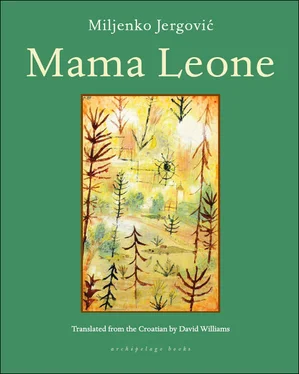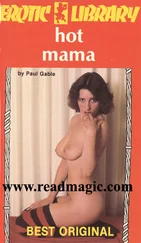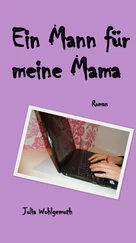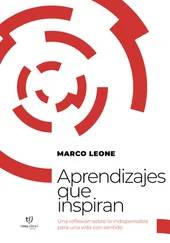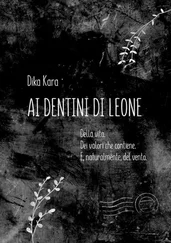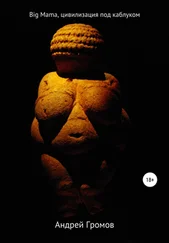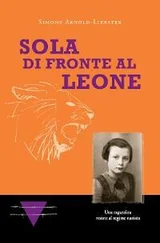Passing by the stadium Osman heard the voices from the bingo hall. There was a time when the Zenica bingo hall was the biggest in Yugoslavia. Every first of the month the miners and railway workers would come and burn through their pay packets in a matter of hours. Osman went in and bought three cards: one for him, one for the redhead, and one for fate. He ordered a double rakia, sat at a table, took out a pen, and rolled up the sleeves of his suit jacket. If one of the three cards comes up trumps, he’ll tear up his plane ticket, throw his passport in the Bosna, and go back to Sarajevo and find the redhead. He’ll never think of his brother and Mary Kentucky again. That’s what he decided, convinced it was his human and divine right, that no one could stop him and that he wasn’t doing anything wrong because it was all up to chance, and chance is neither good nor evil, chance can’t put you in the dock, just like no one can indict a man who accidentally gets in the way of a bullet, leaving behind a widow and three kids.
The fatso caller drew the balls from the barrel and read out the numbers. Osman’s own card and the card of fate remained unmarked, but the redhead’s numbers kept coming up. Osman felt a booming in his head, the kind of excitement you feel before a final spectacular jump, he was already in love, the redhead wasn’t only the most beautiful woman in the airport waiting area, now she was his. He imagined his arrival in Sarajevo, knocking on her door and their embrace, one she would welcome as perfectly normal, because without a word or a memory she would know who he was, why he had come, and what he was meant to be in her life. He’d crossed all the numbers on her card bar one, but the caller didn’t call it out. The next one wasn’t hers either, nor the one after that, nor the third, fourth, fifth, six, or seventh. . Osman reconciled himself to his bad luck as fast as he had accepted the good, the excitement disappearing from his stomach, which was already stone cold, like it had been over his father’s grave. He waited for someone to finally shout bingo!
Bingo! shouted an old man in a beret who looked like Zaim Muzaferija and got up to meet fatso, the caller. Congratulations Mustafa , with a hearty swing fatso shook the old man’s hand. The old man smiled sheepishly as if his luck had all been a set-up. Osman crumpled the card up and stuffed it in his jacket pocket.
Darkness had already fallen over Zenica. He headed toward the bus station kicking a can in front of him. The can rang hollow on the asphalt, and Osman felt like a fifteen-year-old who still believed it was possible to cheat his own life but couldn’t remember how. Maybe a man needs to be careful not to let life cheat him. What would happen, for example, if tomorrow — actually, the day after tomorrow — he turned up at Mary Kentucky’s house and caught her in bed with Omer.
If it were possible to believe something like that, if only for a moment, a moment as fleeting as the flap of a hummingbird’s wings, Osman would never return to Alabama. But as things stood, his brother’s present was going to be a marked card from the Zenica bingo hall with just one number missing, an inconspicuous seven that Osman will remember for just a short time, before it disappears along with the flame that burns and leaves no trace.
Vukota remembers his grandma Rina only vaguely, if he indeed remembers her at all and his memories aren’t just from his mother’s stories. The first image is of Grandma warming herself in front of a grand wood burner, her palms outstretched toward the fire, a glimmering white cap on her head, the kind he had only seen in cartoons, on Olive Oyl’s head from the Popeye cartoon when she went to bed. In the second Grandma Rina is holding a candlestick holder, wiping the dust from it, her fingers trembling, flitting about as if each were soon to turn into a sparrow and disappear beneath the high ceiling of the living room. In the third Grandma is furious, her little cap now crooked, and she’s yelling, barely audibly, if as someone has muffled her every word with a mountain of feathers. In my time a man and woman met under a canopy, not under the covers . That was it, that was the sum of what he knew about his grandma Rina, she had died when he was three, and he had almost never thought of her until the summer of 1992, when the first Jewish convoys left the city, and Vukota remembered that Grandma Rina had been a Jew, and so that made him a Jew too, and under the terms of a new agreement he could leave this war behind.
His mother looked at him, pale and empty, and said you’ve got to be kidding, what do you know about all that . His father, Savo, just shrugged his shoulders, lit one cigarette after the other, and shut up, nothing to say since the first grenades had weaned him off the habit of starting every sentence with “we Serbs.” I don’t know anything, but I’m going to Israel , Vukota replied, his thoughts wandering back to the three images of Grandma Rina, now certain he’d be able to see something, decipher something that had hitherto remained hidden, something that would turn him — who had never been anything — into a Jew.
I am the grandson of Rina Mantova , he said, holding up a yellowed card with his grandma’s picture on it. In different circumstances a membership card for La Benevolencija wouldn’t have cut it as proof of Vukota’s ancestry, but in the mayhem of the present, the people at the Jewish Community offices weren’t particularly interested in who was a Jew and who wasn’t. They put everyone who registered on their lists. As soon as they got out of the city, people would have to settle questions of their Jewishness on their own, there could be no harm done. They had saved lives, and there’s no deception involved there.
When the bus arrived in Makarska, Vukota asked and how are we going to get to Israel? Mr. Levi was surprised: you really want to go to Israel?. . Well, I don’t know where else I’d go . Vukota didn’t want to go to America or Canada; he was afraid of a life among strangers, and if Grandma Rina had been a Jew, then presumably there was something Jewish in him, something that might burgeon and bloom in Israel, magically making a real Jew of him, at home in his own skin among the locals. When you leave home, you have to be something, you need a document and a name on it to protect you. At home you could be Nothing, now you have to become Something. Vukota was worried he lacked the talent for being Something. If alongside his father, Savo, he didn’t know how to be a Serb, perhaps he was incapable of being anything except Vukota, and if he was just Vukota, then it was curtains for him.
He arrived in Israel two months later. At the airport a pair in uniform came out to meet him, escorting him to a third uniform who interrogated him and certified he wasn’t dangerous. This uniform passed him over to a fourth who gave Vukota a five-minute lecture on the State of Israel, handed him a key, an ID card, and a check to get him through the next month or so. Welcome, get yourself sorted , he said, placed his hand on Vukota’s shoulder, and sent him out into the world.
I can sing and play a bit of guitar , he told Albert, who on the second day after his arrival had already asked when Vukota intended to get a job. Albert was from Zrenjanin and had been there three months. Vukota had been assigned to him as a roommate and Albert was supposed to assist with his socialization in their free time. That won’t help you none here. You know how to do anything else?. . Maybe I’d be okay as a waiter. . Be a waiter then, but get down to it on the double. That’s my advice to you. Otherwise it’s curtains for you .
Читать дальше
